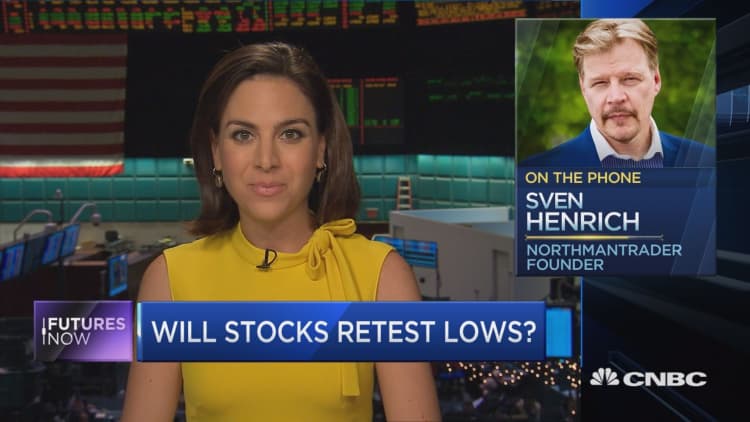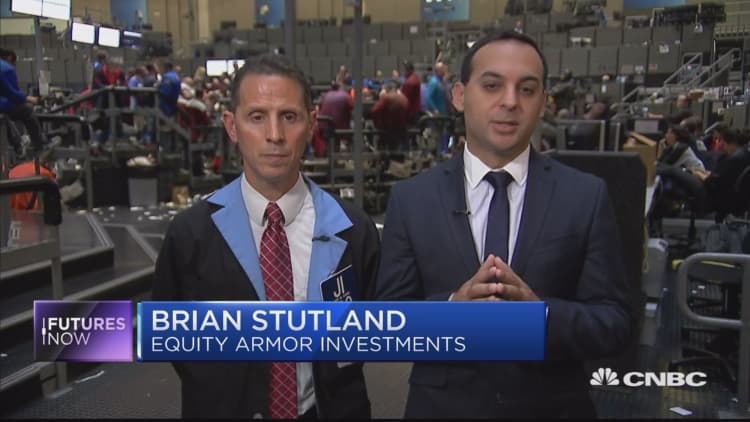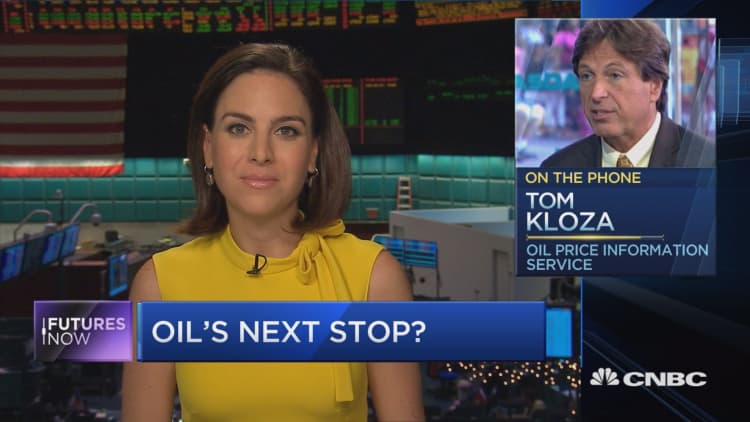


Global stocks plunged and the S&P posted its worst open in 30 years after British voters approved a U.K. exit from the EU. Just how low will markets go, and for how long?
According to NorthmanTrader.com founder Sven Henrich, 1,950 could be the number to watch on the S&P 500. Looking at a chart of the S&P 500's key levels, Henrich had predicted that the index could have climbed to as high as 2,150 had the U.K. had chosen to remain in the European Union. But now with the Brexit referendum settled in favor of the leave camp, those levels are unlikely, especially given that the S&P 500 looks to be staying in its months-long trading range.
"We've been in a range, nothing has changed in that regard," Henrich said Thursday on CNBC's "Futures Now." "But every time the S&P 500 gets above 2,100, volume kind of dies and the marginal buyers are disappearing. So we need some sort of trigger to get buying in."
Henrich emphasized that regardless of the Brexit vote, global markets are still unpredictable.
"What happens then? That's the big question because I see a lot of divergences outside of the S&P 500, because a lot of industries are not following the S&P 500 here," he said. "If you look at the Dow, or the ICE, the financials or the DAX, they're all far below their 52-week highs."
But what has Henrich even more on his toes is the Federal Reserve. The trader points out that Janet Yellen's testimony brought up some issues that are actually "more important than Brexit."
"They admitted that the forward price-to-earnings ratio of equities is actually increasing to a level well above their median price for the past three decades," said Henrich. "At the same time, they're talking about productivity lagging. In fact, productivity the last five years, the growth grade has been lower than any time period since World War II. They're talking about fixed business investment declining and industrial production falling."
"At the same time, they're saying that equity prices are vulnerable to rises in term premiums at more normal levels, meaning that if we suddenly see some sort of move, equity prices could correct," he added.
U.S. markets plunged Friday morning following the vote, with the S&P 500 seeing its worst open since 1986. The Nasdaq and the Dow were also down more than 2 and 3 percent respectively following the opening bell.


